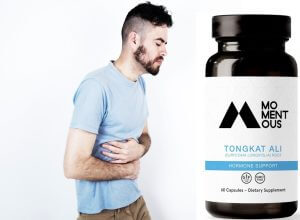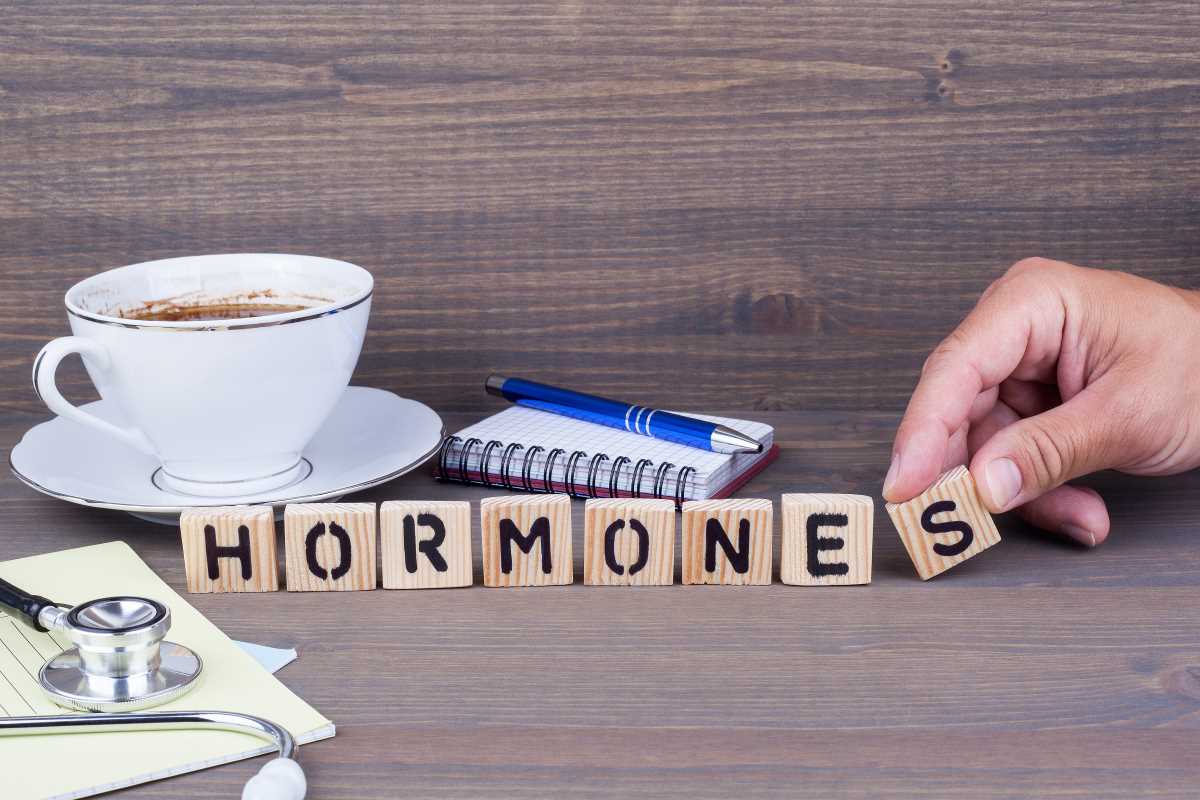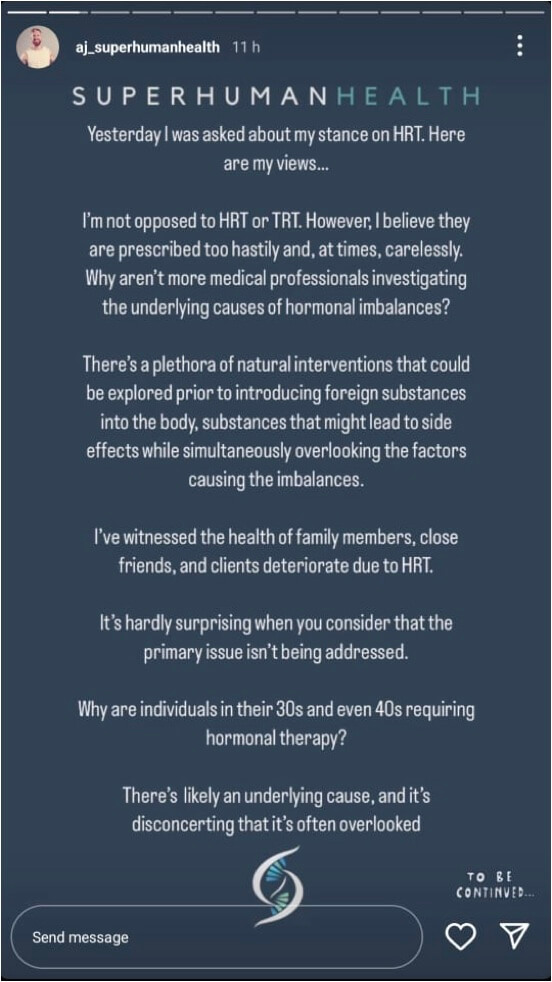

Traditional natural hormone replacement therapy using supplements and alternative medicines are gaining popularity as an alternative solution to the standard HRT gels, injection, and patches.
The rise of Over-The-Counter (OTC) HRT gels, patches and supplements raises more concerns over long term health risks from various types of HRTs.
So, is HRT better and safer than natural hormone-boosting supplements? And should you even try one?
This article goes in deep into investigating the safety of HRT, HRT side effects and whether natural supplements can be a safe and effective alternative to HRT.
The use of HRT has been vigorously debated for decades with strong polarities of opinion from healthcare professionals and endocrinologists.
Now that leaves consumers in the hand of qualified doctors with limited options to choose from.
To some, natural endocrine supplements such as Tongkat Ali and Ashwagandha are showing promising results as an alternative to HRT with fewer or almost zero side effects.
Hailed for its wide range of hormonal-inducing benefits, Tongkat Ali works through a complex mechanism of actions that optimizes the endocrine system. This makes it popular amongst aging adults, and those experiencing low level of testosterone or estrogen.
In the Nature Review of Endocrinology, randomized clinical trials in older women (aged >60 years) showed no benefit of HRT. In fact, studies showed increased harm from using HRT.
The fact is, users had to tolerate with notable oestrogen HRT side effects which includes:
Bioidentical natural hormone supplements are plant-based HRT which are administered to patients who prefer natural / organic remedy. Other natural supplement that works at par with HRT (but with gradual improvements) includes Tongkat Ali (Eurycoma Longifolia)
Bioidentical Hormone Replacement Therapy (BHRT) using natural supplements are most frequently used to ease symptoms of perimenopause and menopause, albeit with more gradual and steady improvements.
Tongkat Ali and Ashwagandha may be classified as natural form of BHRT as it is shown to reduce hot flushes and joint pains in premenopausal and post-menopausal women with no side effects.
Latest clinical studies showed that Tongkat Ali is amongst the best natural supplements to restore overall hormonal balance; notably increasing testosterone, estrogen, dopamine, reducing cortisol and other key hormones for both men and women.
A randomized clinical trial showed Tongkat Ali supplementation reduced hot flushes and improved hormone and lipid profiles in healthy peri-menopausal and menopausal women. The supplement enhanced hot flush symptoms in women by 65% after 12 weeks and by 73% after 24 weeks reducing menopausal symptoms in women.
However, NHS reported that most herbal remedies such as evening primrose il, black cohosh, ginseng, red clover and angelica are sometimes taken for menopause symptoms but this is not supported by scientific evidence.
According to NHS website, some of these natural supplements are not tested and regulated in the same way as medicines such as hormone replacement therapy (HRT), so the safety levels and effectiveness are highly questionable.
Hormone Replace Therapy (HRT) is relatively safe if you are taking the right type of HRT (eg: combined HRT, oestrogen-only HRT, testosterone gel, etc) and administered with the right dosage.
In reality, many reported that HR may react positively at the start of the treatment, but some had to live with long term side effects months or years after the first few HRT treatments.
Many are still living in fear of the long-term health risks associated with HRT. A study in 2002 by the Women’s Health Initiative found a link between HRT and an increased risk of blood clots, ovarian and breast cancer.
According to Professor Jane Green from the University of Oxford, the general consensus by medical professionals is that HRT should not be used to prevent long term disease, but used short-term to relieve menopausal symptoms (at least for women).
Meanwhile, many functional health coaches in the US and UK are not recommending HRT to their clients.
UK functional health coach, AJ Brookes, who specializes in bloodwork analysis and bespoke health protocols reported that many of his clients were prescribed HRT hastily by doctors without knowing other underlying medical conditions.

Health coaches have had their fair share of close encounters with HRT patients. AJ Brookes added that he experienced many family friends and clients whose health has deteriorated due to HRT.
Amongst the largest concerns is doctors prescribing HRT to patients without knowing their health condition, or other underlying conditions that contribute to more health risks and damaging side effects.
In other parts of the world such as in the US, there are unreported HRT patients struggling to live with long-term side effects of HRT such as unwanted weight gain, unexpected vaginal bleeding, erratic mood changes, depression, gradual hair loss and nausea.

Our functional health coach AJ Brookes specializes in analyzing bloodwork and optimizing health using proprietary SuperHuman Health Protocol (SHP).
There are risks of breast and ovarian cancer by taking combined HRT based on several studies reported by scientists and research studies. In addition, HRT carries higher risks of cancer if you decide to take HRT long term, or regularly at high dosages:
Breast cancer: combined HRT increases the risk of breast cancer as reported by several studies. Prolonged use of HRT increases the risks of breast cancer.
Ovarian cancer: combined HRT increases the risk of ovarian cancer in menopausal women. Prolonged use of HRT increases the risks of ovarian cancer.
Those wanting to reduce cancer risks of HRT may opt for natural supplements, or natural endocrine supplements to restore overall hormonal balance.
Taking the right natural supplement or herb has lower risks and may not cause cancer. Natural hormone supplements such as Tongkat Ali contain anti-cancer properties against lung cancer, breast cancer, cervical cancer, colon and rectum cancers.
Whilst various Tongkat Ali studies showed promising results, more research and clinical studies are required on herbs such as Ashwagandha, Panax Ginseng, Primrose Oil and others.
Yes you may take Tongkat Ali in small doses of 100mg to 200mg three times a week if you are on HRT treatment. This is to observe any side effects associated with hormonal imbalance.
Related Article: Tongkat Ali Dosage Guide

Naressa Khan contributes regularly on AKARALI. As a researcher and investigative journalist, Naressa is all about creating, deconstructing, and reassembling meaningful content through words and facts. With this approach always in mind, she eagerly explores the nuances in life via the aspects of lifestyle, culture, travel, health, and wellness in Malaysia .
Our articles are third party reviewed by our panel of experts and medical advisors to ensure the facts are accurate and credible. These are validated against multiple source references which include but not limited to research studies, peer-reviewed journals, pre-clinical studies, clinical tests and other credible publications.
Our panel of medical advisors and experts are highly experienced in their individual fields. However, they do not provide any medical advice or recommendations arising from content published in this article.
Disclaimer:
The content published on this website is for educational purposes and should not be viewed, read, or seen as a prescription or constitute any form of medical advice. We recommend you consult your nearest GP or doctors before consuming Tongkat Ali or any products which contain Tongkat Ali. For further information, kindly refer to our Frequently Asked Questions (FAQ) for more information.